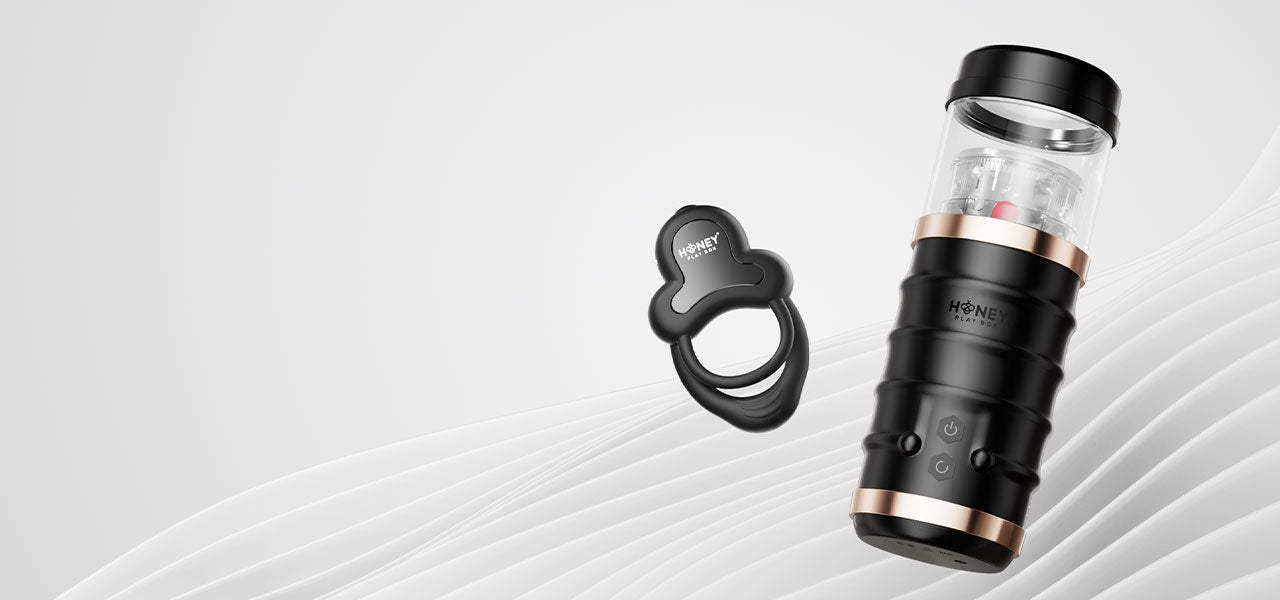App-Controlled Toys
Next-gen pleasure. Next-level connection.
App-Controlled Thrusting G-spot Vibrator & Clit Licker
App-Controlled G-Spot Tapping Rabbit Vibrator
App-controlled Couples Vibrator Cock Ring

Looking for Something Different?
Discover More

Top Brand of the Year 2024
2021

Sex Toy of the Year 2024
2024

Best Male product Line 2023
2023

Best Erotic Women's Brand of 2022
2022




































 Couples Toys
Couples Toys Anal Toys
Anal Toys Kegel Balls
Kegel Balls Clit Stimulators
Clit Stimulators G-Spot Vibrators
G-Spot Vibrators Rabbit Vibrators
Rabbit Vibrators Wearable Vibrators
Wearable Vibrators Butt Plugs
Butt Plugs Cock Rings
Cock Rings Glans Trainers
Glans Trainers Paar Neueste
Paar Neueste Bündel
Bündel Lubes
Lubes Toy Cleaners
Toy Cleaners Candles
Candles Apps
Apps